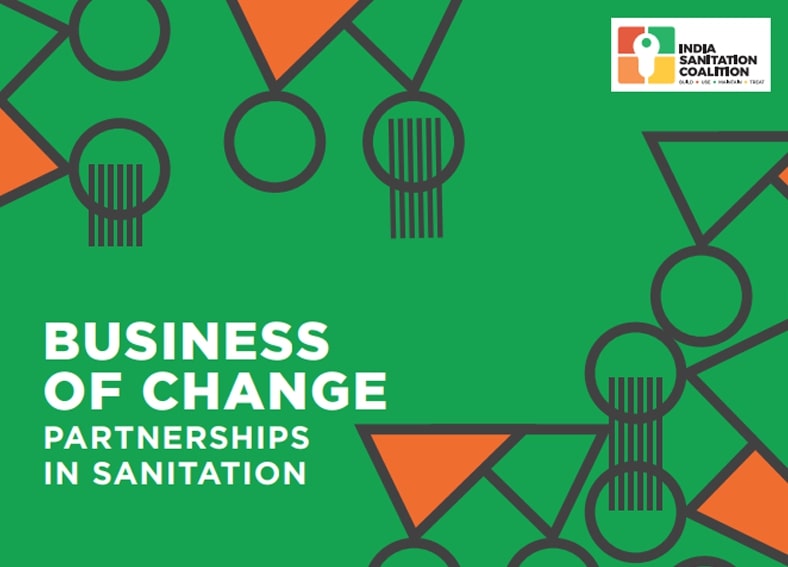Business of Change: Partnerships In Sanitation

Partnership represents a critical factor in the success or failure of a welfare programme. It also takes years of painstaking effort and determination to build partnerships and deliver true impact at scale. Inherent differences in approach, suspicion of capabilities and motives, and serving different stakeholders all add to the complexities.
It is interesting to note that the success of the Swachh Bharat Mission typically exemplifies multi-sectoral partnerships between Government, corporates, civil society and donor organisations. These ensure systemic change and have helped the nation achieve unprecedented developmental milestones in the sanitation space in recent years.
As a proud associate of the Swachh Bharat programme, the India Sanitation Coalition, is constantly striving to enable sustainable sanitation by bringing multiple organizations on a partnership platform through a range of catalytic actions. These actions inter alia include curating and disseminating best practices in sanitation to better enable replication and scaling up by players. We have helped spread the needs and practices in the sanitation value chain covering our mission of build-use-maintain-treat (BUMT).
As we look to disseminate great examples, ISC is pleased to carry the 3nd best practices compendium of the series “Business of Change” titled “Partnerships in Sanitation”. This compendium carries forty-five cases that typify instances of partnership that led to interventions addressing a host of issues critical to securing a sustainably ‘cleaner’ and healthier India.
As we move beyond an open defecation free India in 2019, we hope that this compendium, like the earlier ones, will be a useful publication for all the key players and sector practitioners and inspire many others to further intensify their efforts for a Swachh Bharat.
